Home / trending / Cold Wave in Delhi: IMD Predicts Mercury Dip, Dense Fog Across Northwest India
Cold Wave in Delhi: IMD Predicts Mercury Dip, Dense Fog Across Northwest India
By: My India Times
2 minutes read 4Updated At: 2024-12-31
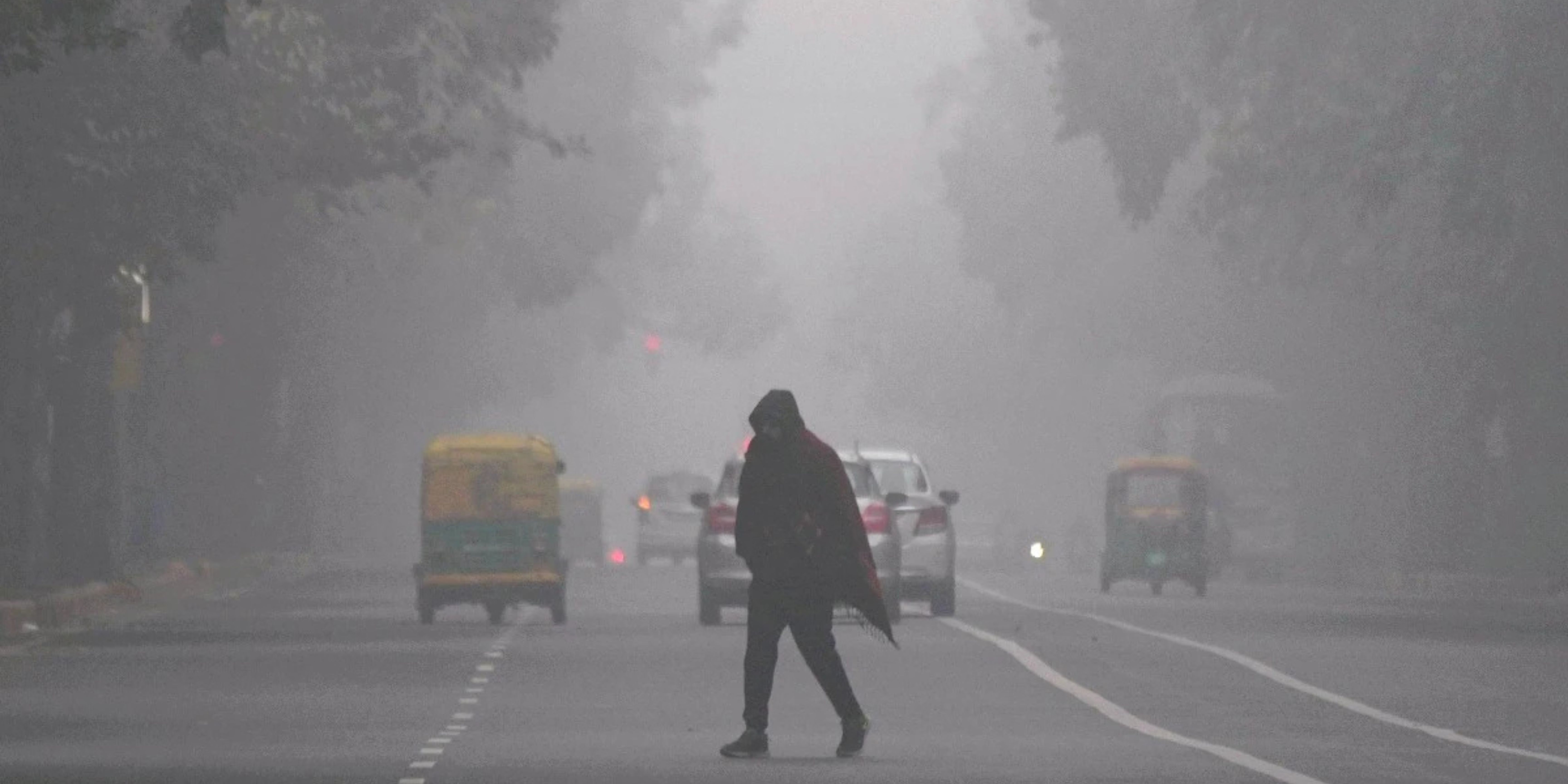
Delhi and other parts of northwest and central India are preparing for an intense cold wave as the India Meteorological Department (IMD) forecasts a significant drop in temperatures over the coming days. Along with the sinking mercury, dense fog will engulf the region, resulting in travel and daily activities being severely affected.
Warnings have been issued by the IMD regarding cold wave conditions prevailing in several regions: Punjab, Haryana, Chandigarh, and Rajasthan. Delhi is also predicted to experience a gradual decline in temperatures, bringing chilly weather to the capital city. According to the IMD, cold wave conditions will prevail in Punjab and Haryana from December 31 to January 2, while Rajasthan will face a prolonged cold wave from December 30 to January 2. Cold day conditions have also been forecasted in Himachal Pradesh and Rajasthan on December 29, as well as in Punjab and Haryana on December 30.
The IMD classifies a cold wave when the minimum temperature falls below 4°C or drops by at least 4.5°C to 6.5°C below the normal range for the region. Meanwhile, cold day conditions are determined by unusually low daytime temperatures, which can further exacerbate the discomfort caused by the ongoing cold wave.
In addition to the cold wave, dense to very dense fog is very likely to spread across parts of Punjab, Haryana, Chandigarh, Rajasthan, Uttar Pradesh, and the northeastern states of Assam and Meghalaya. In these regions, foggy conditions are expected to persist, significantly reducing visibility and affecting travel. Visibility will be significantly weak during late-night and early morning hours, with a significant prospect of disruption in road traffic, rail schedule, and flight operations.
Residents in affected areas are also advised to be careful since the conditions of a cold wave combined with dense fog can be serious health hazards, especially among children, the elderly, and patients with previous illnesses. For safety, proper precautions, such as proper warm dressing, indoor confinement during peak hours, and proper heating in homes, are crucial. Drivers are urged to use fog lights and maintain safe speeds while traveling to avoid accidents due to low visibility.
The chilling conditions are not confined to northwest India. Northeastern states, including Assam and Meghalaya, are also under dense fog warnings until January 2. Central India is expected to experience a gradual drop in temperatures, extending the impact of this cold wave to a wider region.
As the cold wave and dense fog are likely to persist through the New Year, celebrations and travel plans may be significantly affected. Weather experts note that these conditions are typical during the peak winter season across northern plains, but the intensity of this cold spell demands extra preparedness.
Residents and travelers are urged to monitor weather updates and follow official advisories closely. Authorities are expected to implement measures to ensure safety and minimize disruptions. Schools, offices, and transport systems should be prepared for delays and interruptions as the region braces for harsh weather.
With Delhi and neighboring states gearing up for frigid temperatures and limited visibility, staying informed and taking preventive measures will be crucial to mitigating the impact of this severe weather spell.
....Delhi and other parts of northwest and central India are preparing for an intense cold wave as the India Meteorological Department (IMD) forecasts a significant drop in temperatures over the coming days. Along with the sinking mercury, dense fog will engulf the region, resulting in travel and daily activities being severely affected.
Warnings have been issued by the IMD regarding cold wave conditions prevailing in several regions: Punjab, Haryana, Chandigarh, and Rajasthan. Delhi is also predicted to experience a gradual decline in temperatures, bringing chilly weather to the capital city. According to the IMD, cold wave conditions will prevail in Punjab and Haryana from December 31 to January 2, while Rajasthan will face a prolonged cold wave from December 30 to January 2. Cold day conditions have also been forecasted in Himachal Pradesh and Rajasthan on December 29, as well as in Punjab and Haryana on December 30.
The IMD classifies a cold wave when the minimum temperature falls below 4°C or drops by at least 4.5°C to 6.5°C below the normal range for the region. Meanwhile, cold day conditions are determined by unusually low daytime temperatures, which can further exacerbate the discomfort caused by the ongoing cold wave.
In addition to the cold wave, dense to very dense fog is very likely to spread across parts of Punjab, Haryana, Chandigarh, Rajasthan, Uttar Pradesh, and the northeastern states of Assam and Meghalaya. In these regions, foggy conditions are expected to persist, significantly reducing visibility and affecting travel. Visibility will be significantly weak during late-night and early morning hours, with a significant prospect of disruption in road traffic, rail schedule, and flight operations.
Residents in affected areas are also advised to be careful since the conditions of a cold wave combined with dense fog can be serious health hazards, especially among children, the elderly, and patients with previous illnesses. For safety, proper precautions, such as proper warm dressing, indoor confinement during peak hours, and proper heating in homes, are crucial. Drivers are urged to use fog lights and maintain safe speeds while traveling to avoid accidents due to low visibility.
The chilling conditions are not confined to northwest India. Northeastern states, including Assam and Meghalaya, are also under dense fog warnings until January 2. Central India is expected to experience a gradual drop in temperatures, extending the impact of this cold wave to a wider region.
As the cold wave and dense fog are likely to persist through the New Year, celebrations and travel plans may be significantly affected. Weather experts note that these conditions are typical during the peak winter season across northern plains, but the intensity of this cold spell demands extra preparedness.
Residents and travelers are urged to monitor weather updates and follow official advisories closely. Authorities are expected to implement measures to ensure safety and minimize disruptions. Schools, offices, and transport systems should be prepared for delays and interruptions as the region braces for harsh weather.
With Delhi and neighboring states gearing up for frigid temperatures and limited visibility, staying informed and taking preventive measures will be crucial to mitigating the impact of this severe weather spell.
By: My India Times
Updated At: 2024-12-31
Tags: trending News | My India Times News | Trending News | Travel News
Join our WhatsApp Channel






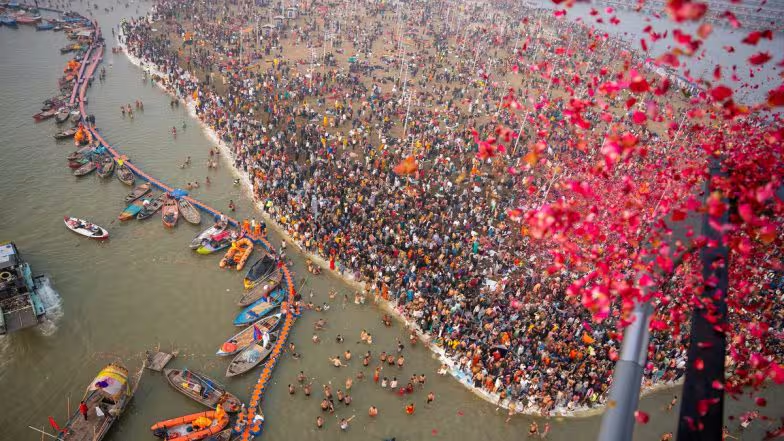





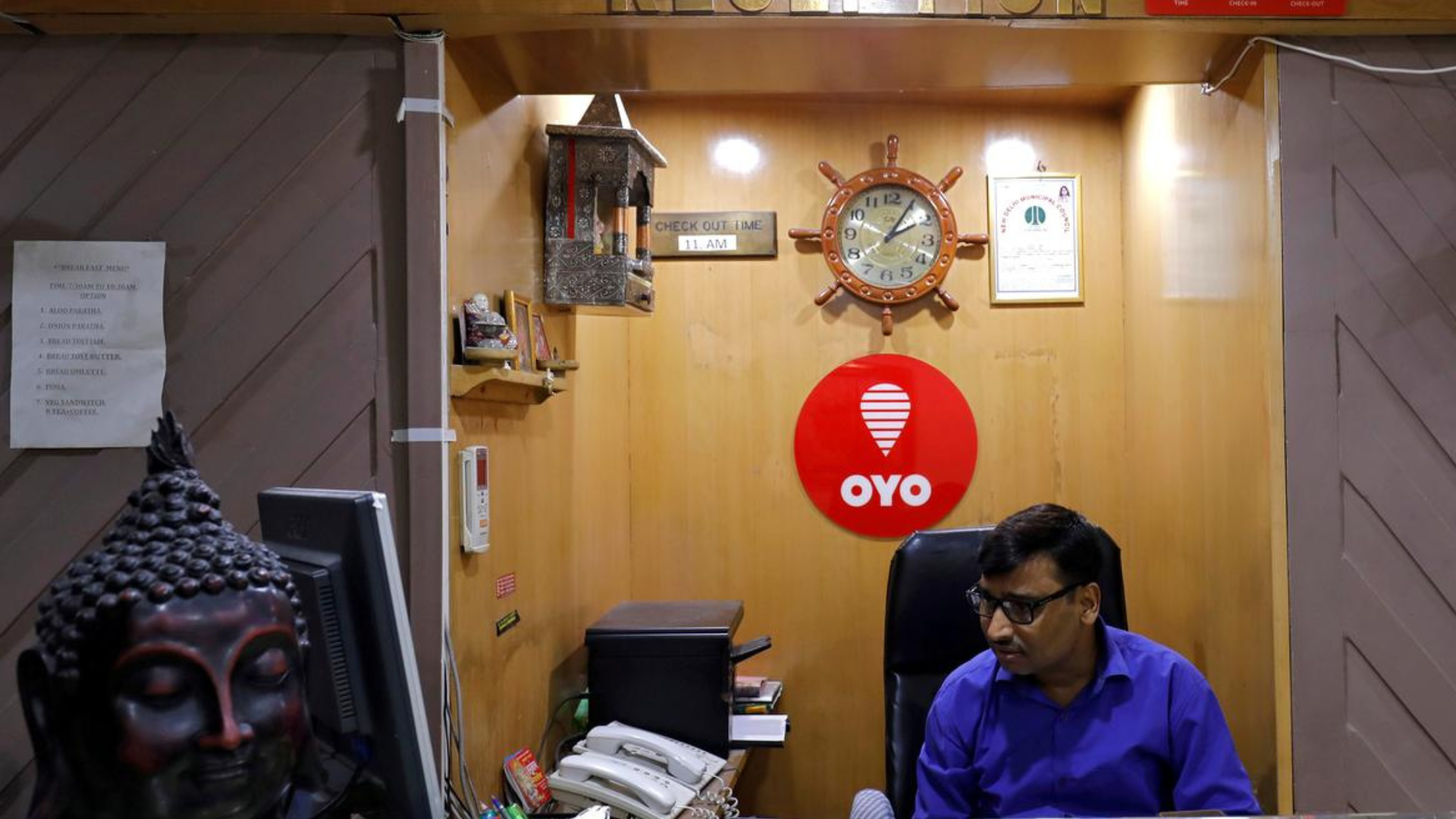
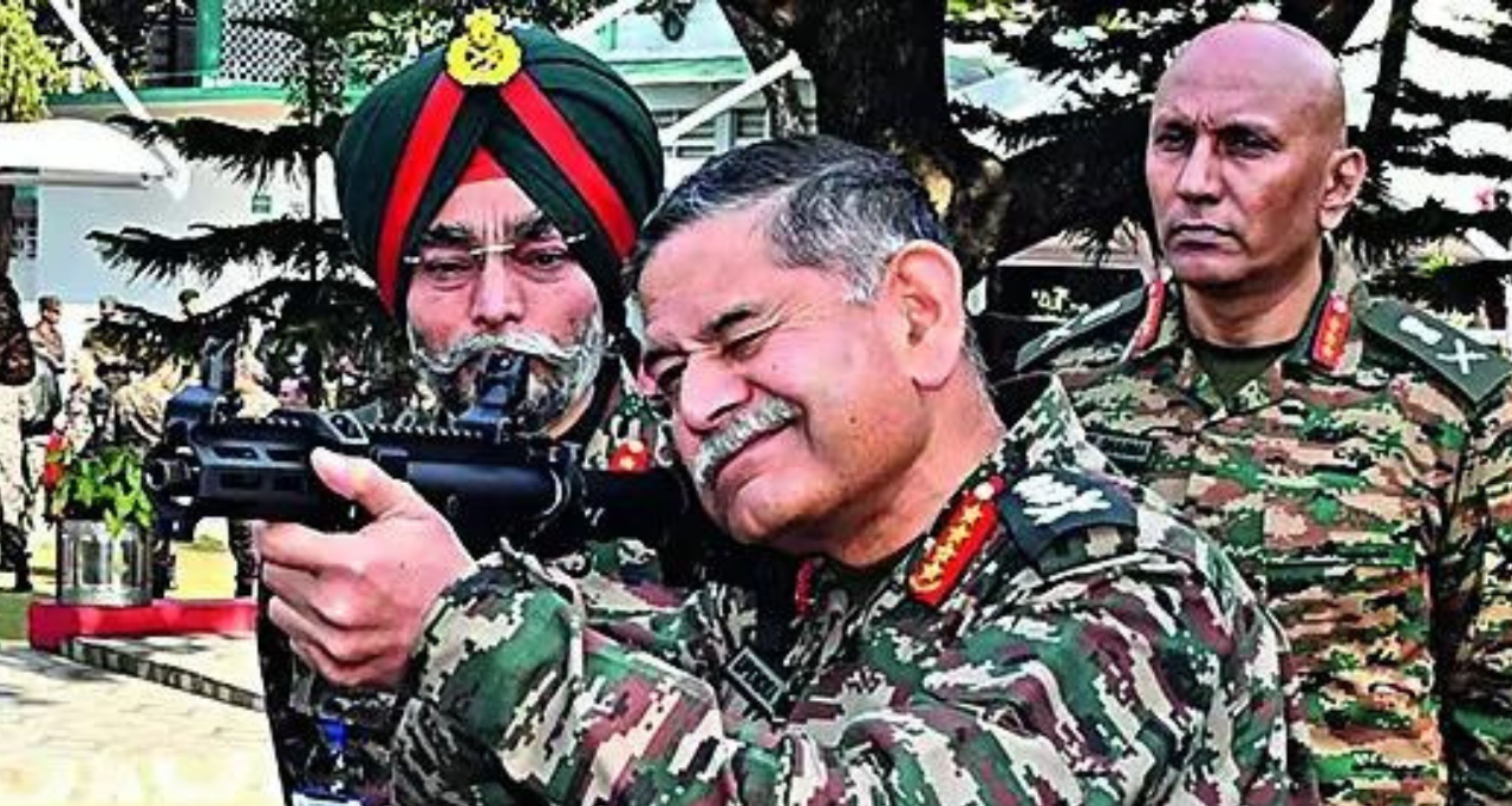
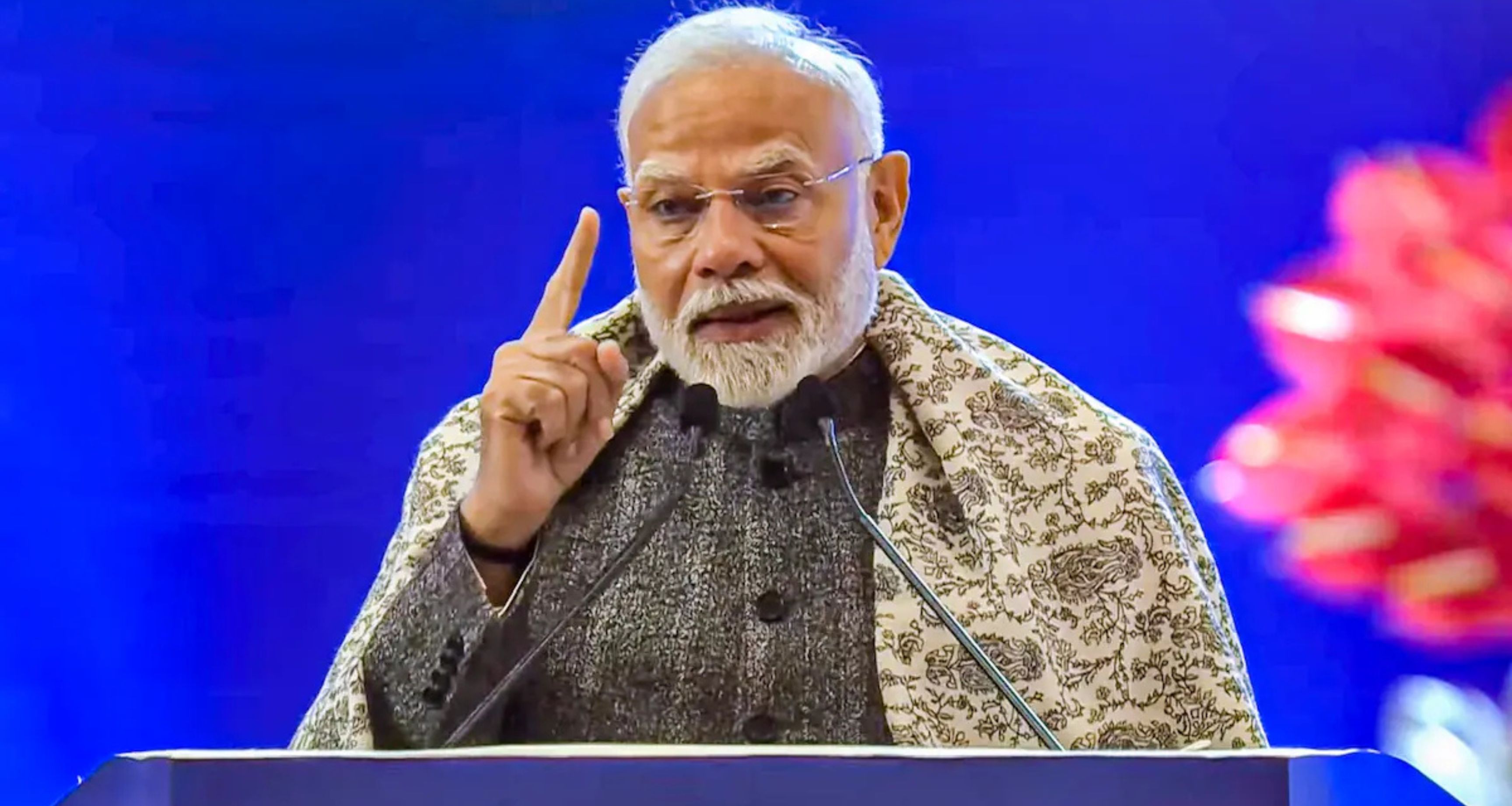
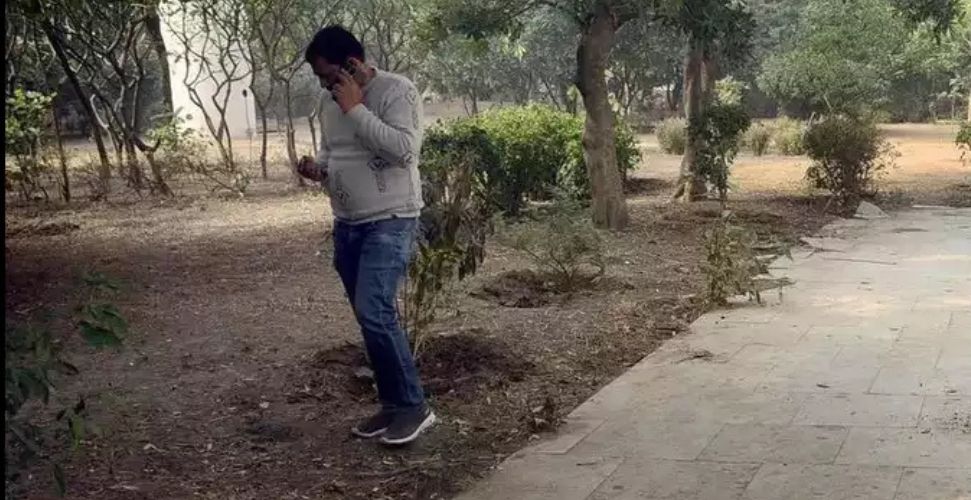

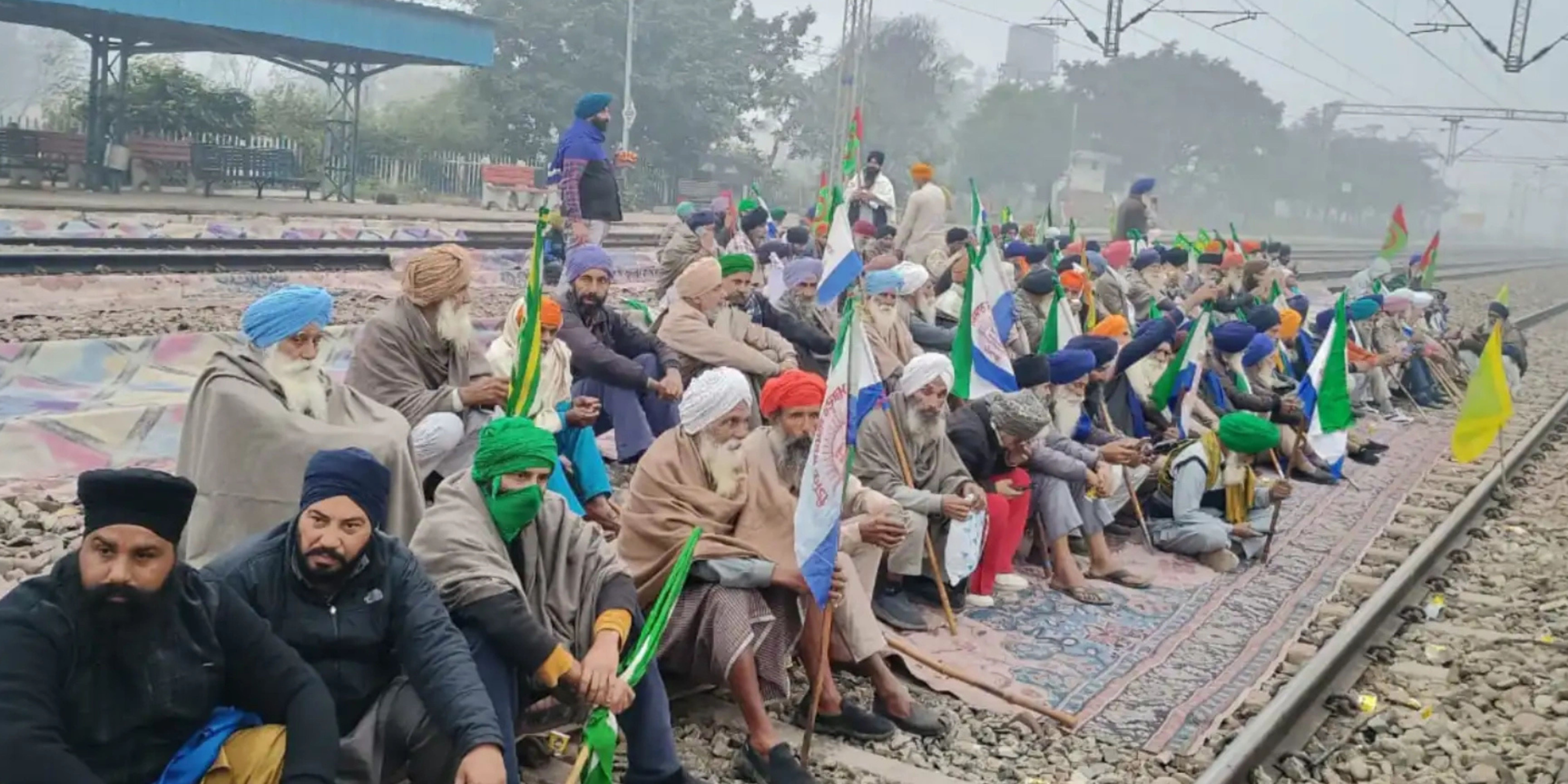



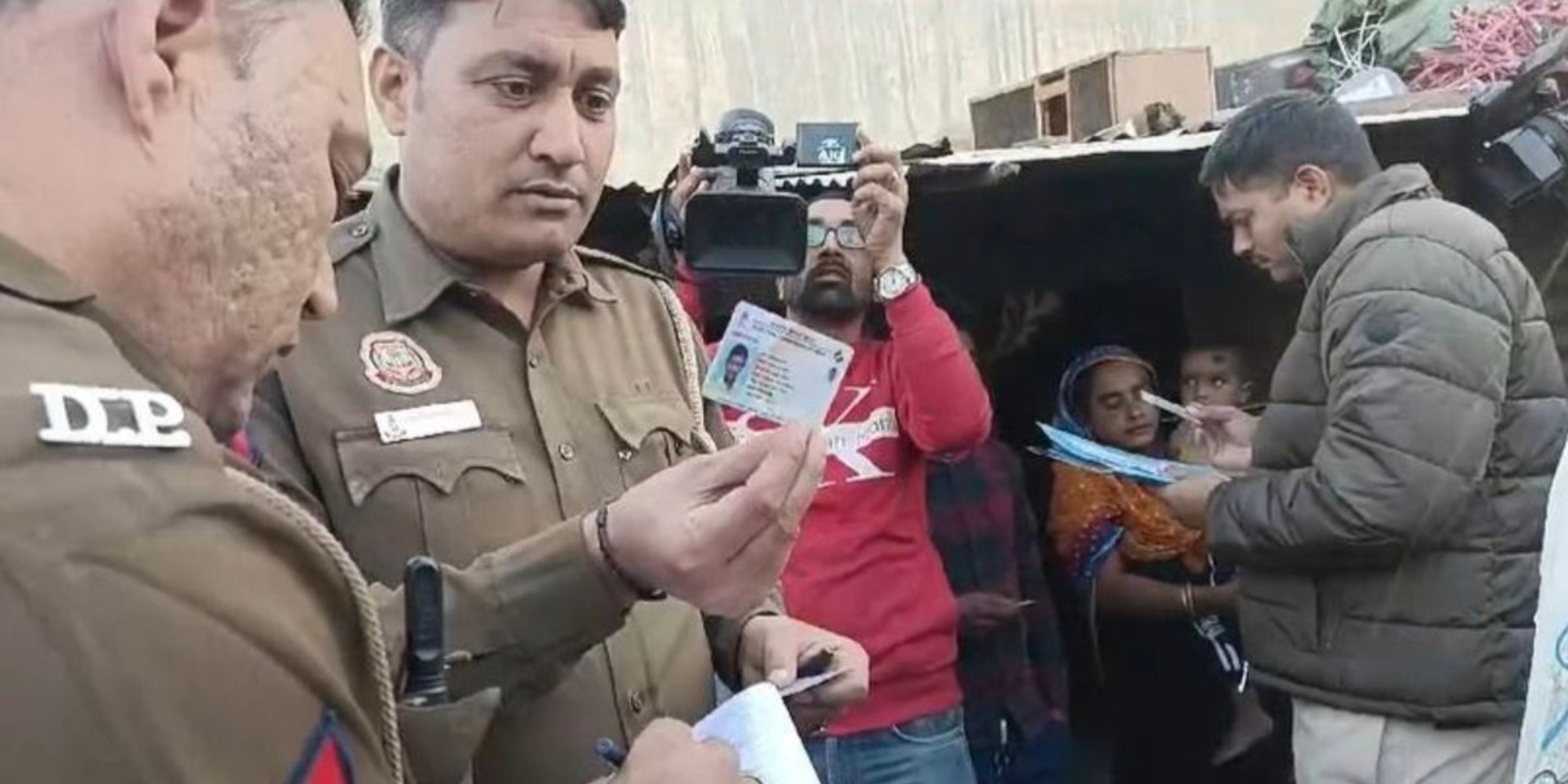

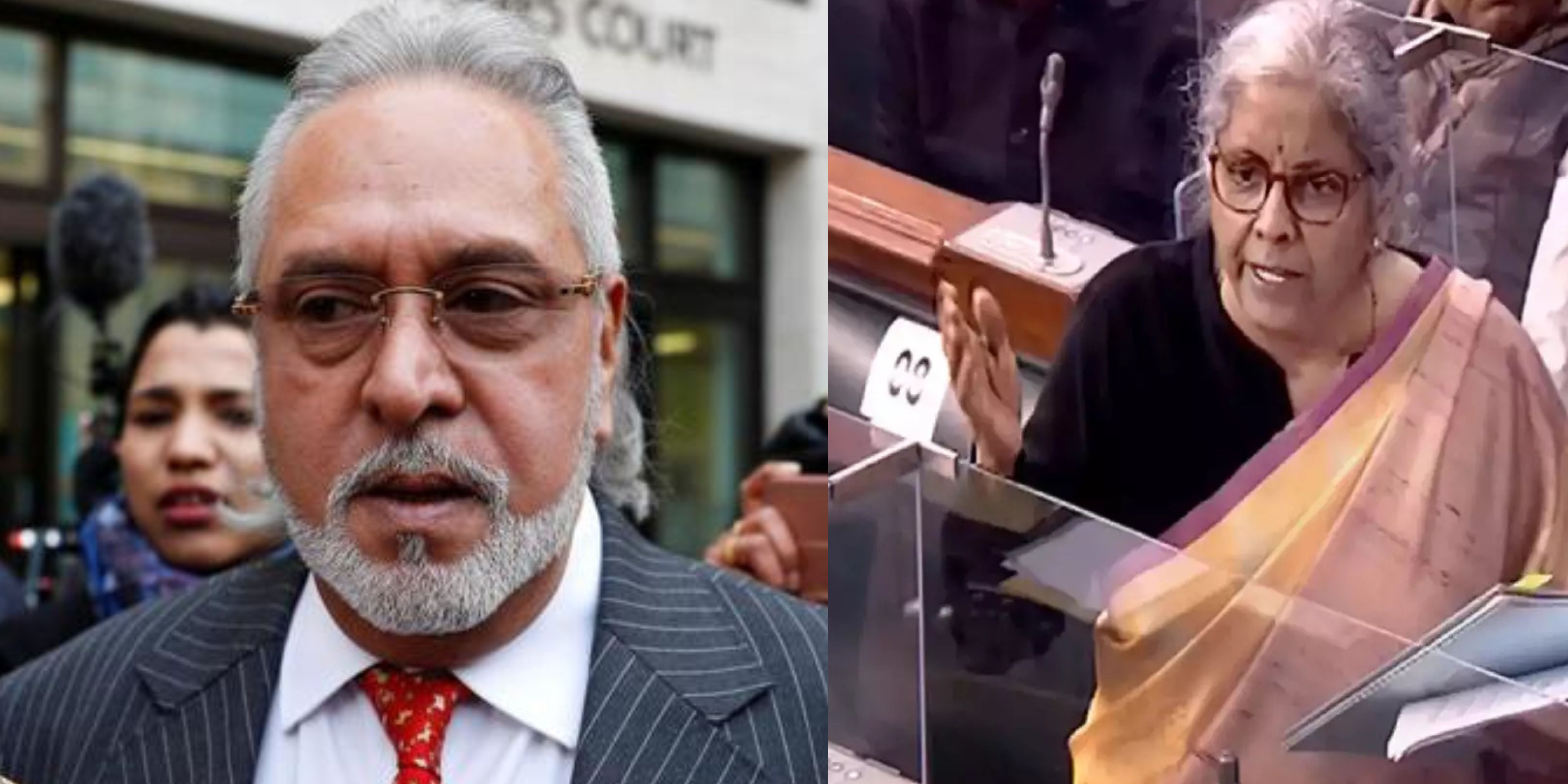

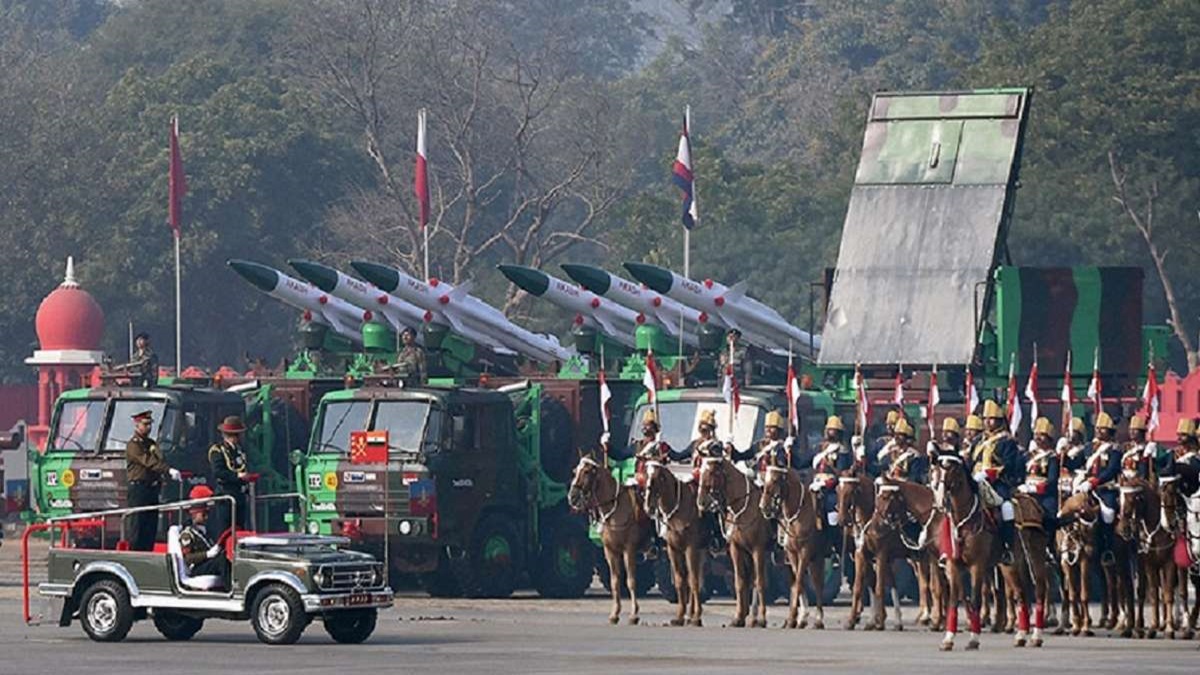

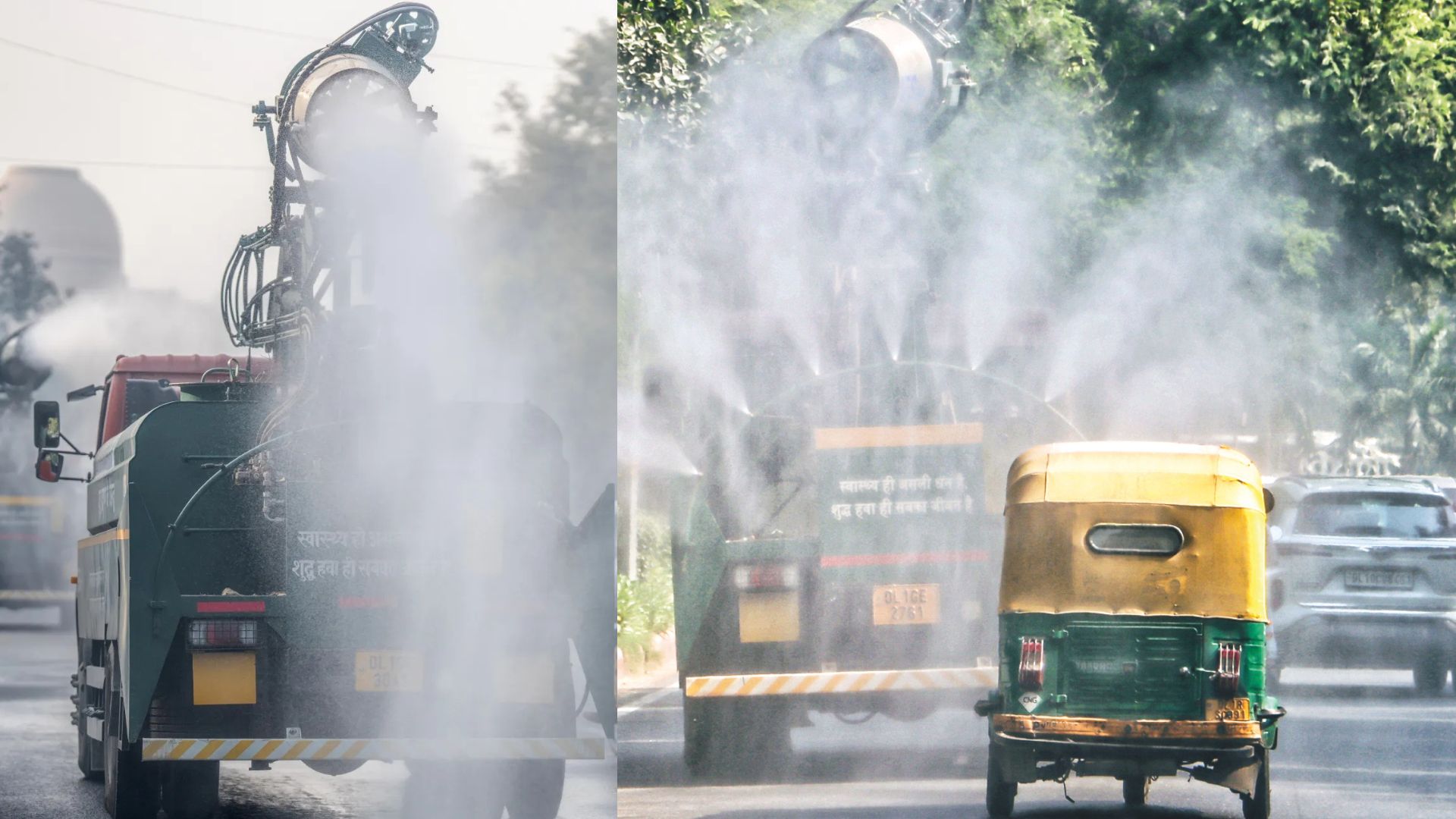
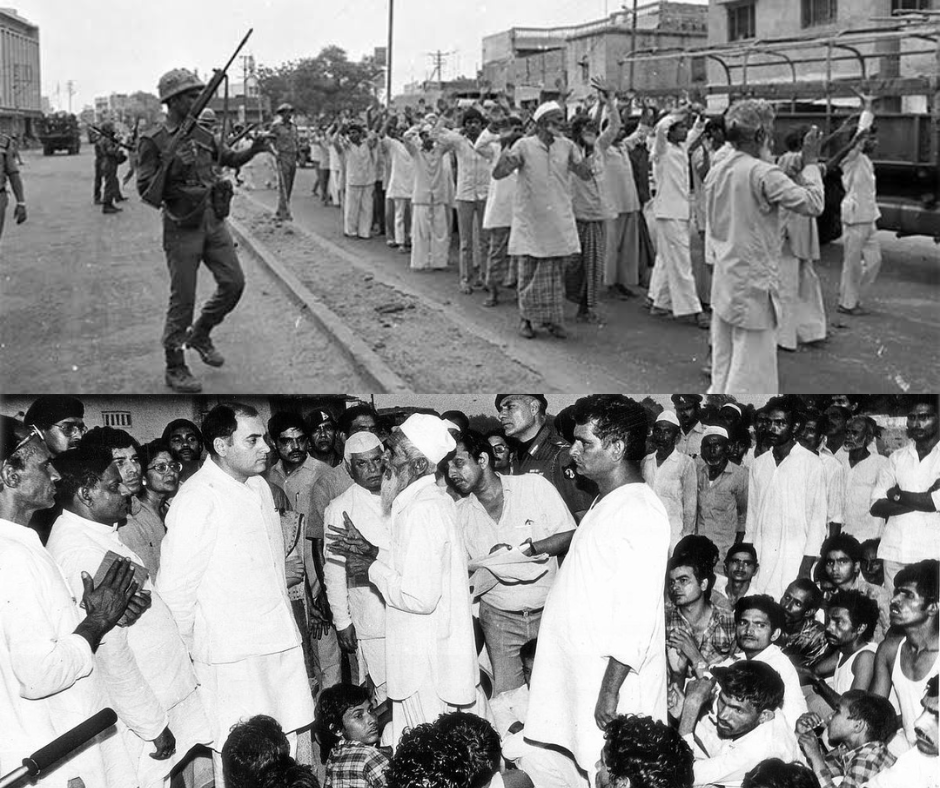
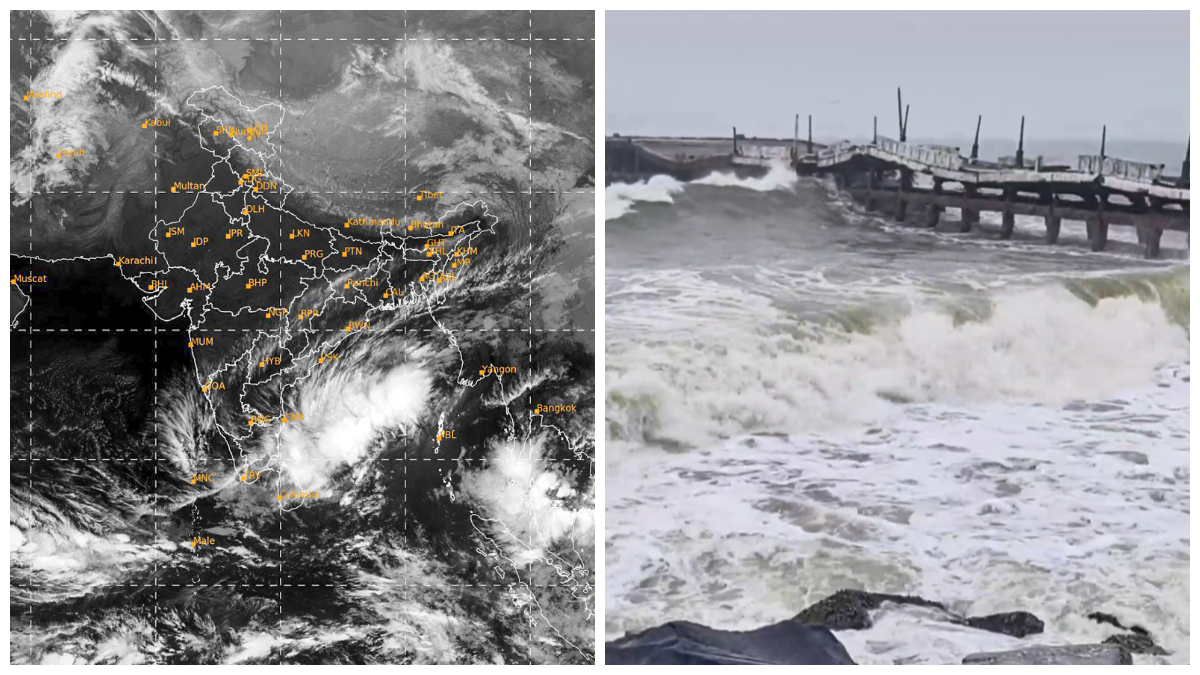



.jfif)
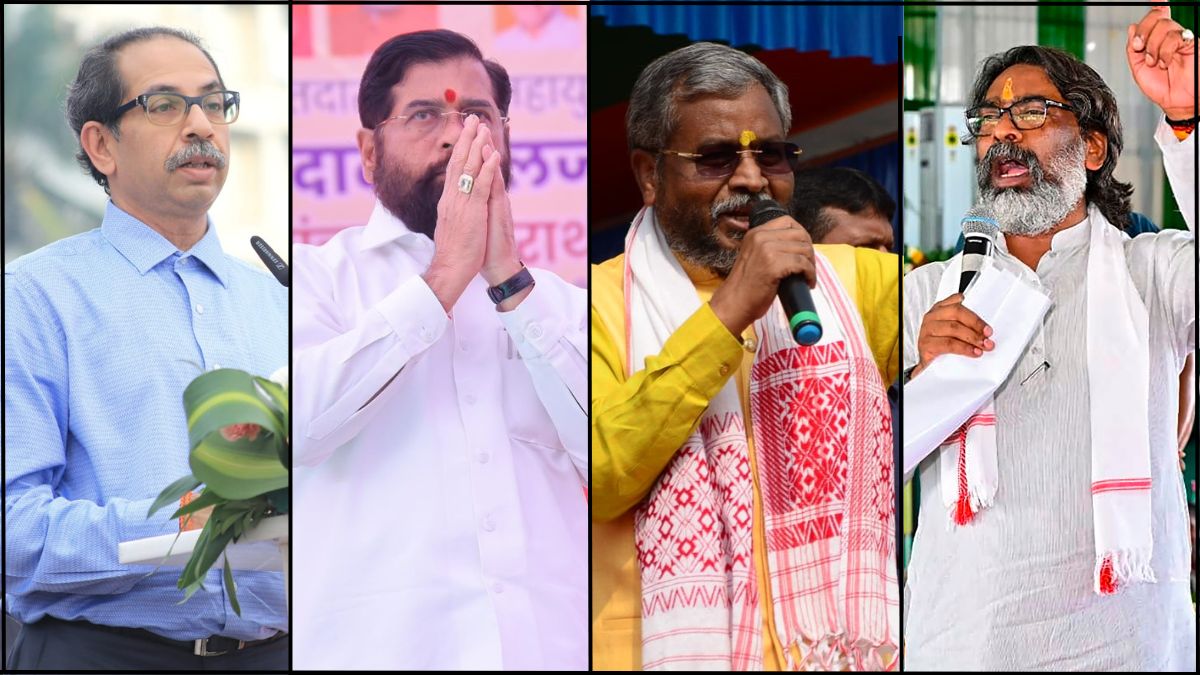




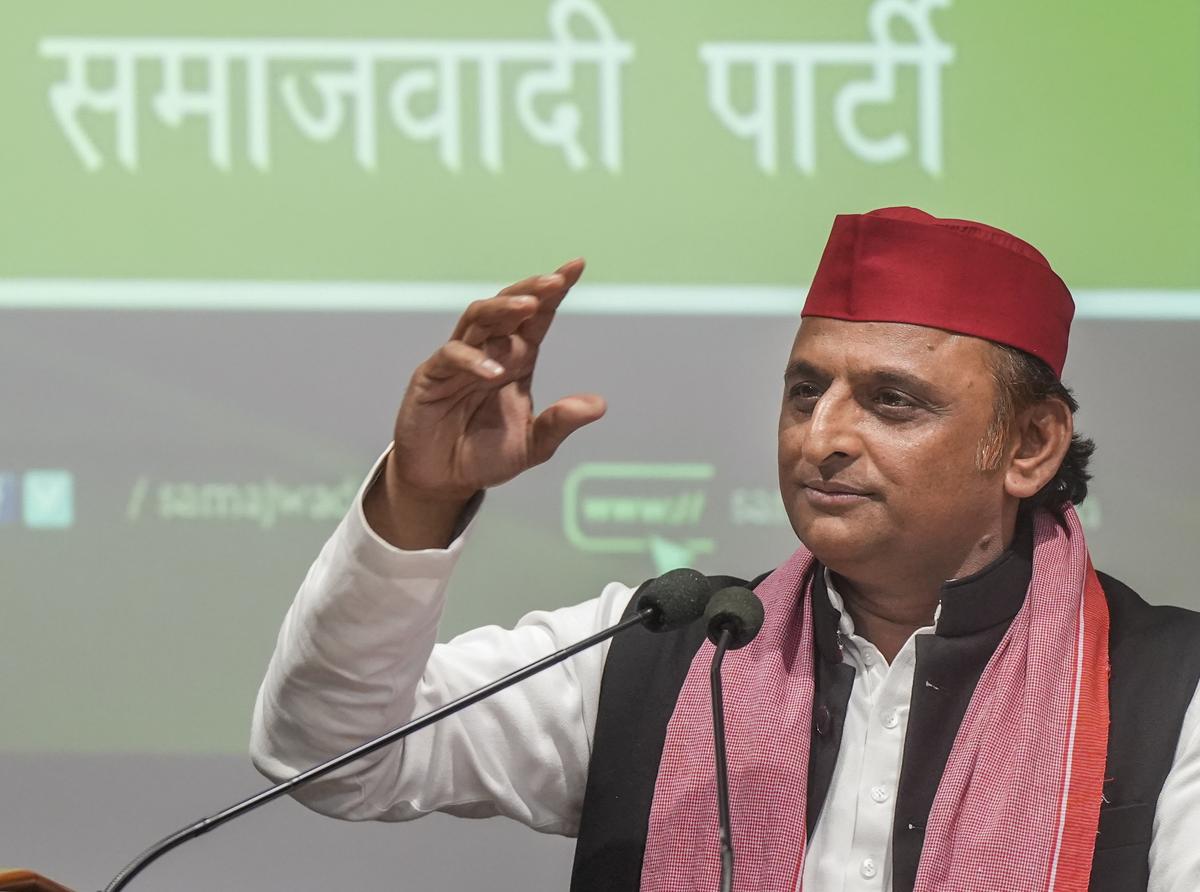



.jpg)



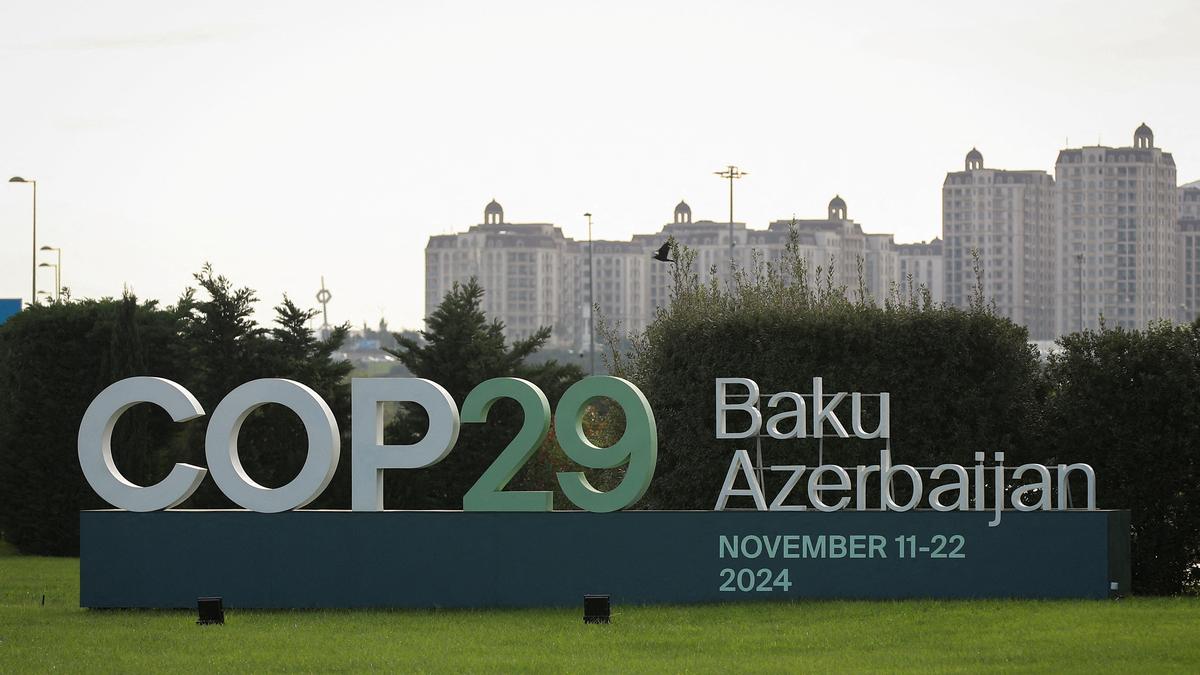

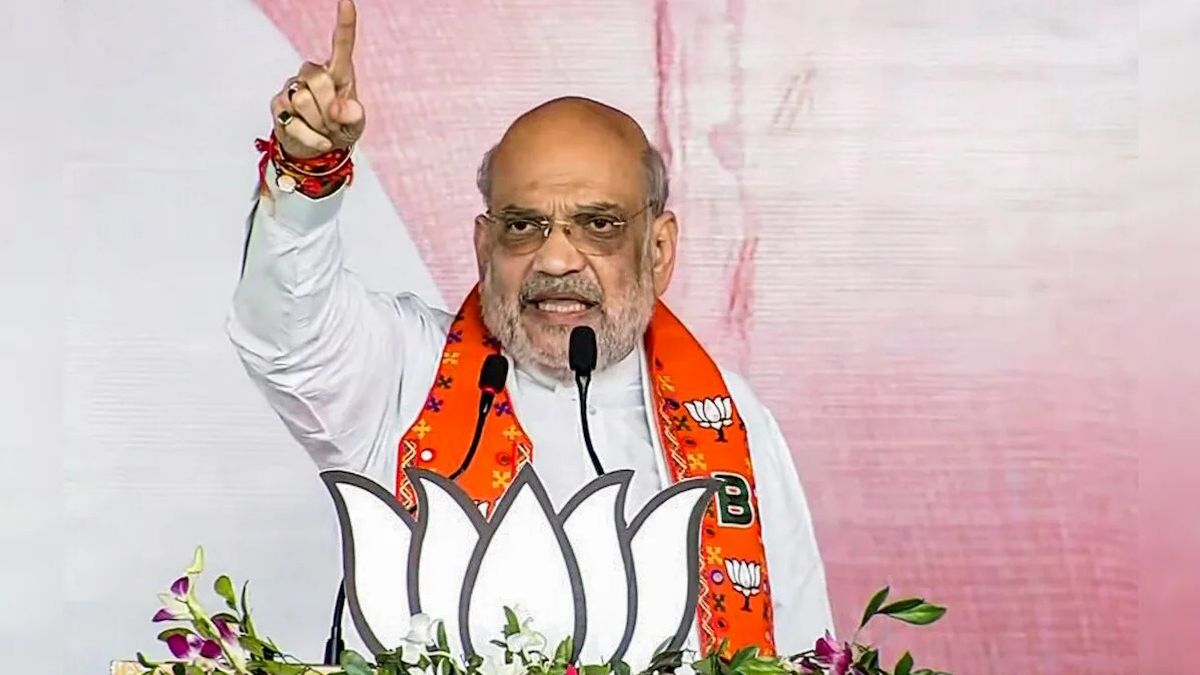
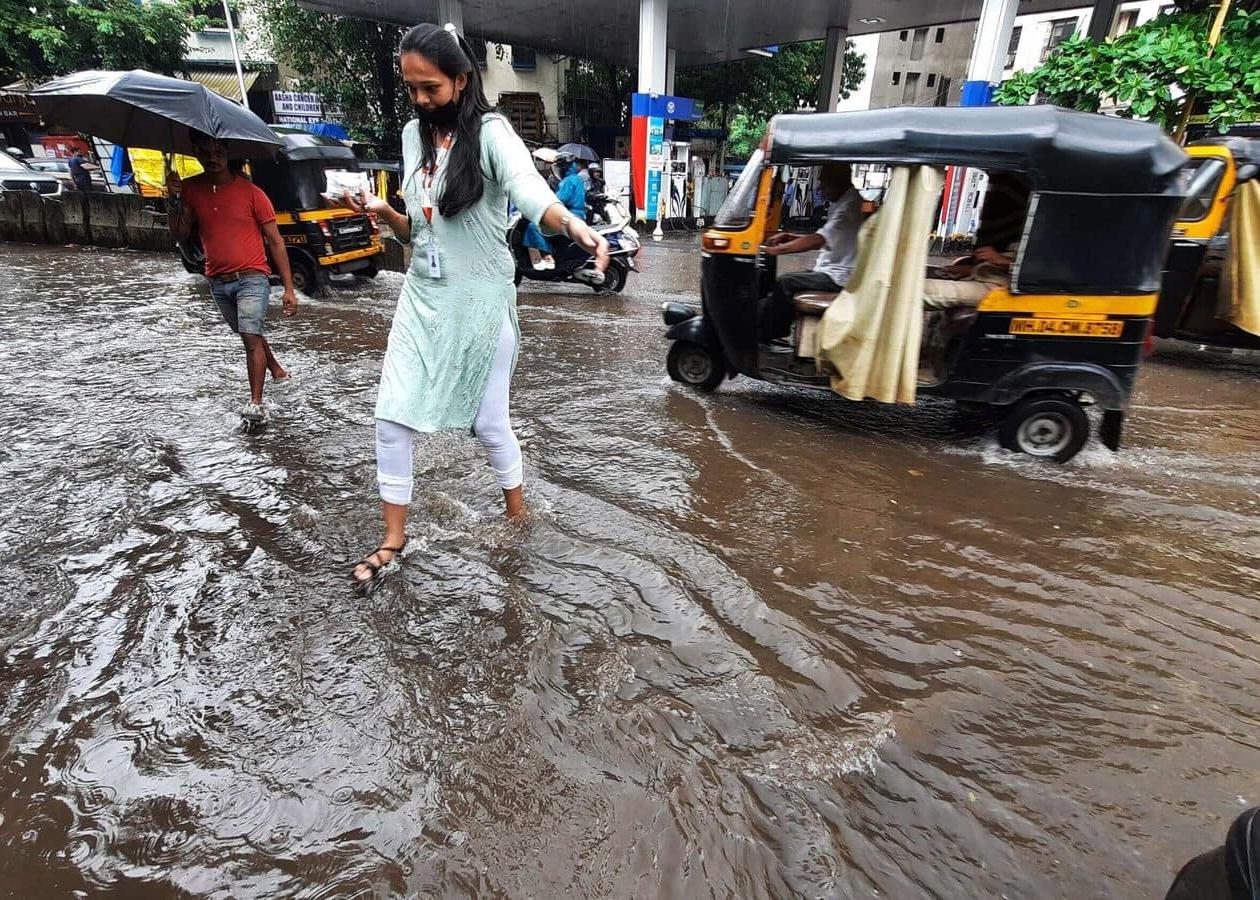
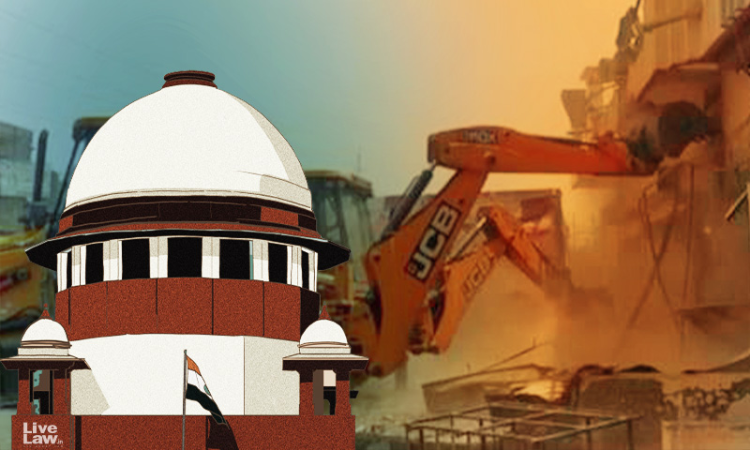
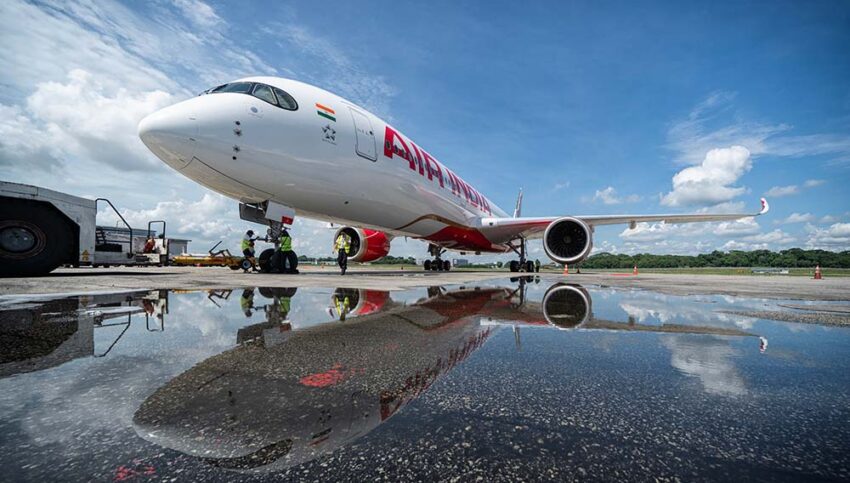




















































.png)
 (1).png)























